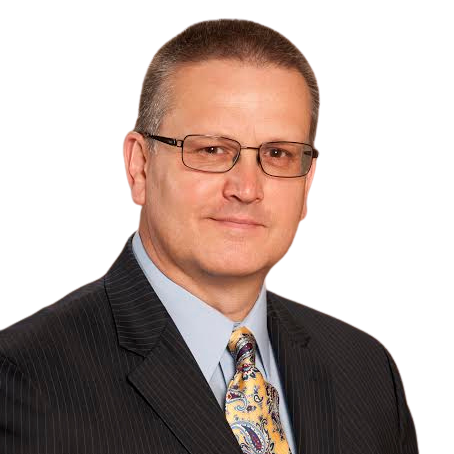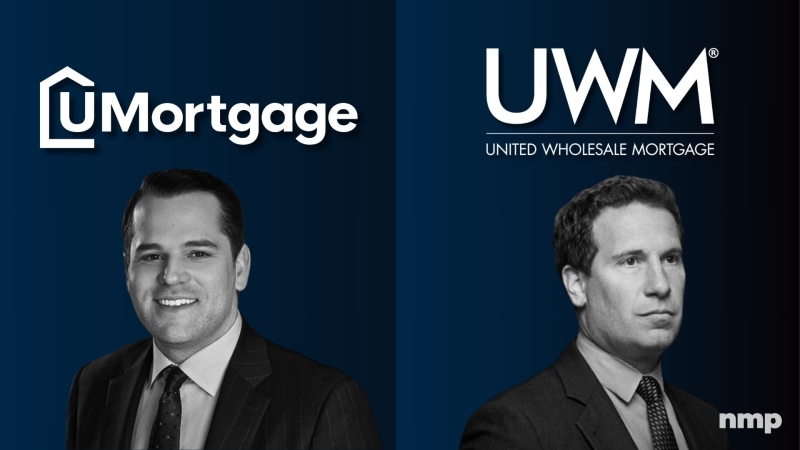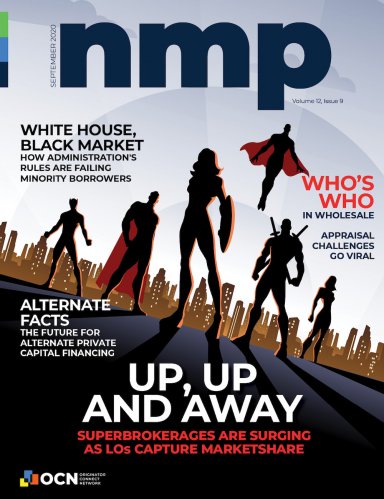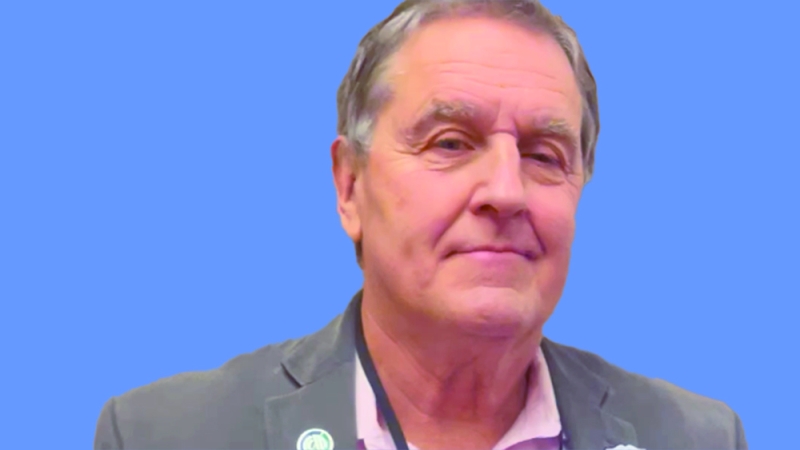Nexa Mortgage, based in Chandler, Arizona, has only been around since 2017 but already has 600 loan officers, second only to C2, licensed in 39 states. Last year, it originated almost $1 billion in loans, more than half of it coming in the last four months of the year.
“There is this belief that [mortgage brokerage] is just not the type of business that is scalable to the level of being a superbrokerage and be successful,” Weiss says. “Nexa and C2 are showing that that isn’t the case. But it’s not easy, and it really has to revolve around volume. The volume just has to be there.”
Easy To Be Small?
Mat Ishbia, president and CEO of United Wholesale Mortgage in Pontiac, Michigan, the nation’s largest wholesale lender with $107.7 billion in loan volume last year, says the reason there are so many small brokerage firms is because “it’s very easy to become a mortgage broker.”
“The barrier to entry to become a mortgage broker is not very high,” he notes. “There’s not a branding thing you need as a mortgage broker. It’s about being independent and having options, which is why the broker channel is exploding right now and it’s going to continue.
“Being a mortgage broker is the best place for a loan officer to work. In the broker world right now, there are plenty of options, whether it’s working for a large broker or a small shop or starting your own. All these options are viable.”
But hanging out a sign as a broker and being able to scale the operation are dramatically different. That’s why wholesalers like UWM and Quicken Loans Mortgage Services offer originators complete backend offerings, from branded marketing to online application portals to in-person training. But it’s also why more big brokerages are trying to expand their footprint by offering a unified back office and sales support to originators flooding into a hot market.
While real estate and mortgage brokers operate in the same basic space – residential real estate – there are significant differences between the two.
Primarily, there are a lot more Realtors than there are mortgage brokers. While the National Association of Realtors, one of the largest and most powerful trade groups in the country, has 1.4 million members, there are fewer than half a million originators licensed by the Nationwide Mortgage License System, and many of those licenses aren’t for individuals.
A big issue, Nexa’s Weiss says, is support. “One of the biggest drawbacks you hear in the mortgage broker business is that loan officers do not get the support they are used to in the retail environment,” he says. “The training and daily support of a scalable large brokerage is a hindrance and why people are not attempting to do it. That’s a cost at the corporate level that plays into the profitability. How do you support that many loan officers?”
At the same time, “at the smaller brokerages, the owners are originating themselves, so they have to take care of their own business to make sure the bills get paid. Do they have the time and the financial resources to train and support a growing number of loan officers they are bringing in? Those are the two main reasons we do not see many brokerages of our size.”
A Hybrid Alternative
Motto Mortgage, which calls itself the “only mortgage brokerage franchise network in the U.S.,” is somewhat of a hybrid between the superbrokerages like C2 and Nexa and the typical “mom and pop” offices that dot the landscape. Based in Denver, Motto launched in October 2016 and has sold 200 franchises since then, with more than 300 loan officers in more than 30 states, although it’s licensed in all 50. Last year it originated more than $1 billion in mortgage volume.
Motto, a wholly owned subsidiary of RE/MAX Holdings, calls its concept “a mortgage brokerage in a box.”
“For the small and medium-sized real estate company that may not have the capital, our solution of becoming a mortgage broker is a great one for them and allows them to open up with less capital and somewhat less risk because they’re a broker, not a banker,” president Ward Morrison says.
Motto generally attracts less experienced mortgage officers, Morrison says, “people who have been around the mortgage industry but not necessarily in it. We get them set up, compliant, legal, connect them with a good product, technology, marketing tools, all from the get-go. We level them up and get them up to speed. They’re in business for themselves but not by themselves.”
It’s a tack that seems to be working. Motto Mortgage was named by Entrepreneur magazine to its “2020 Fastest-Growing Franchise” list, along with several other accolades. And other mortgage entrepreneurs are also trying to get into the game. California-based Arcus Lending, for example, is quickly adding locations stretching to the Midwest.
But even when such companies are on a roll, success isn’t a certainty. Motto Mortgage notes that it has “sold 200 franchises” in just four years. But only 125 of them are still active.
Achieving Size
It took a while for C2 to achieve its current size. The firm started in 2009 with 50 loan officers but then “ramped up pretty quickly,” Kent says. “Our volume increased, and with increased volume comes better negotiating ability with our lenders for lower interest rates and better service. It’s sort of a cycle: You get bigger, you are able to negotiate better rates, and because you get those rates, more originators want to be with you.”
“There’s more risk involved,” he added, “and there are fewer people [in the mortgage business] willing to take that risk. For a big real estate broker, what’s the liability on those deals? On the mortgage side, if we have a loan go bad, or there’s fraud on a loan, we may have to buy that loan back. And it doesn’t take a lot of buybacks to put a company out of business. I don’t think there’s a lot of people who have the risk tolerance to have 800 originators conducting business under their license, because things could potentially change pretty quickly.”












